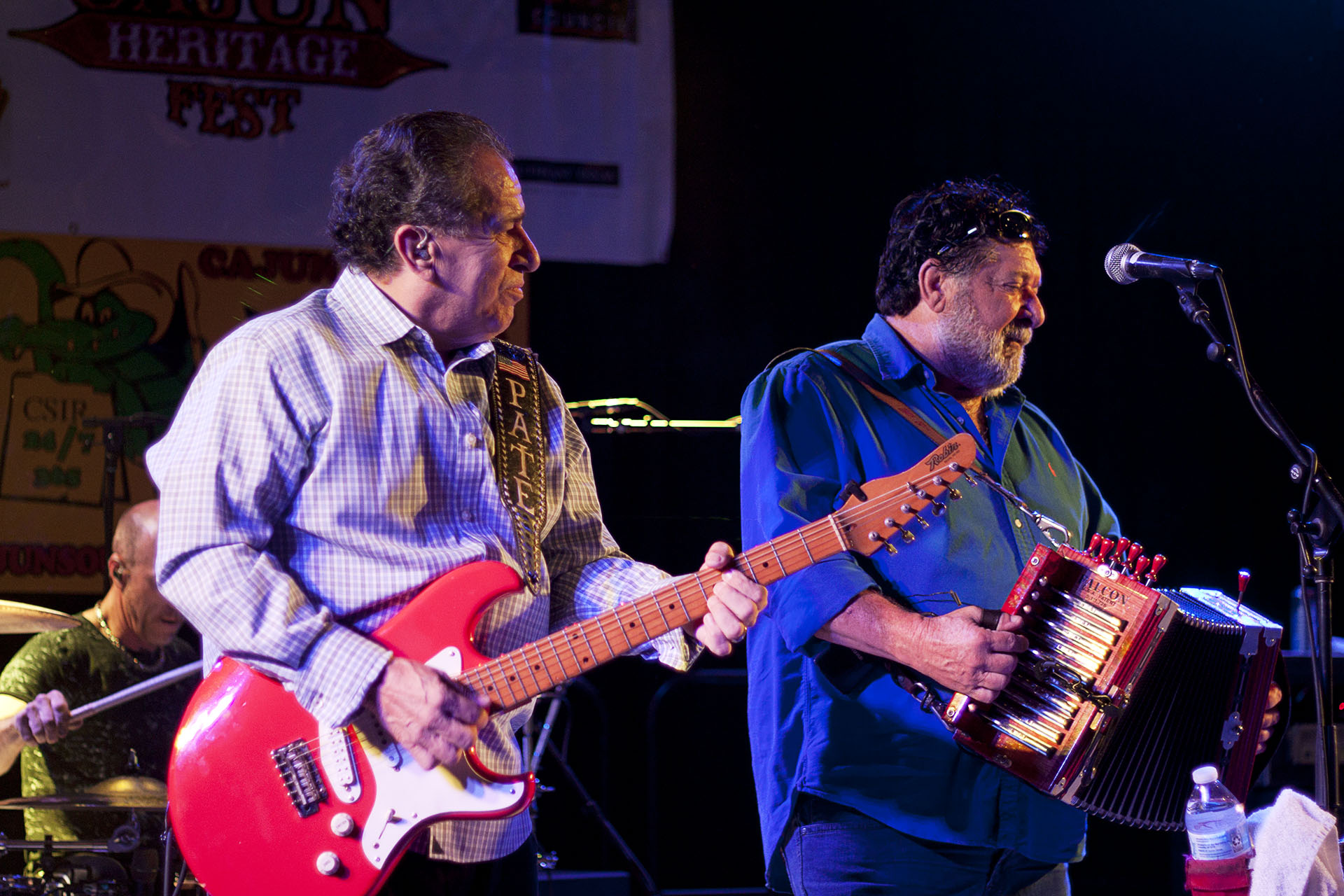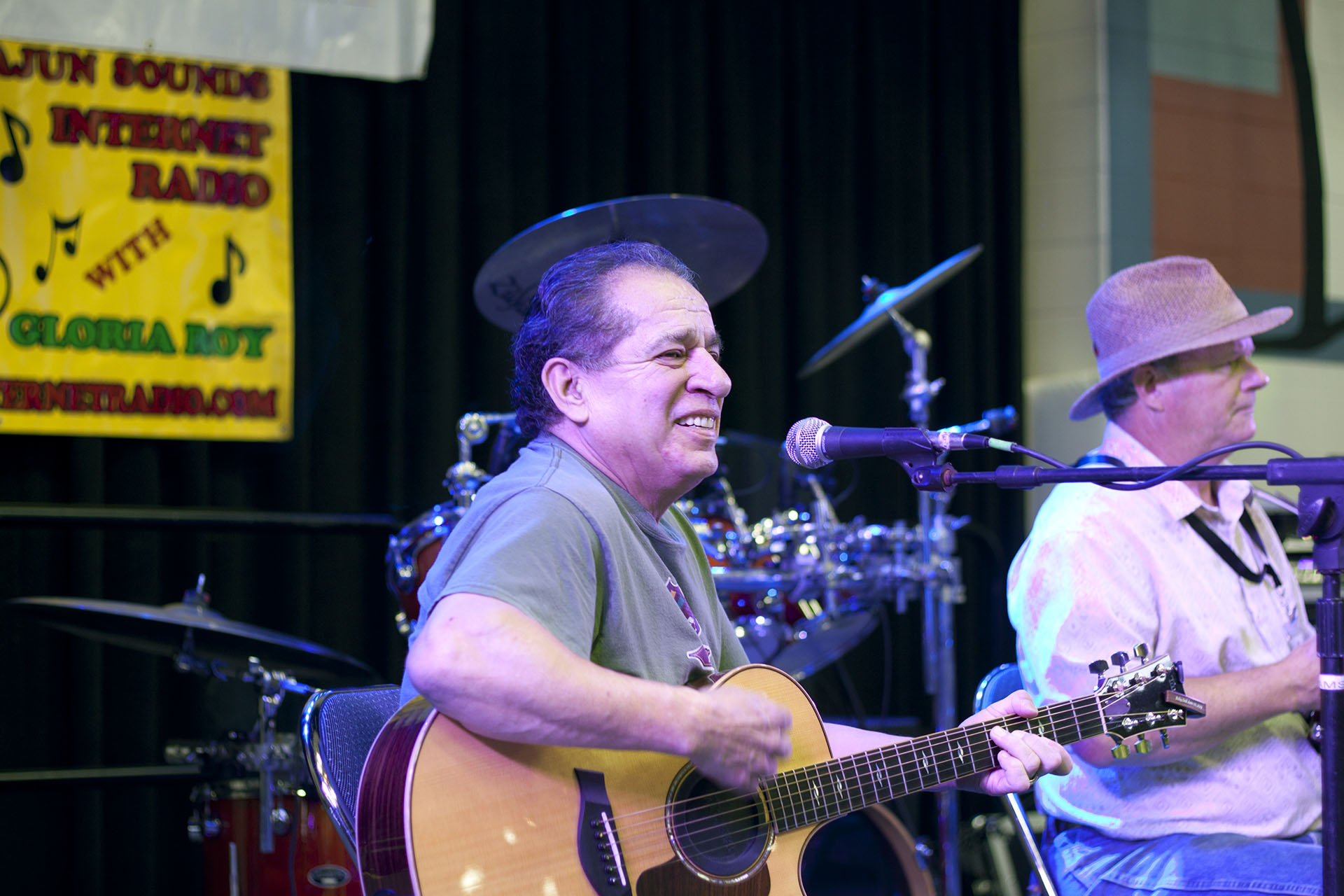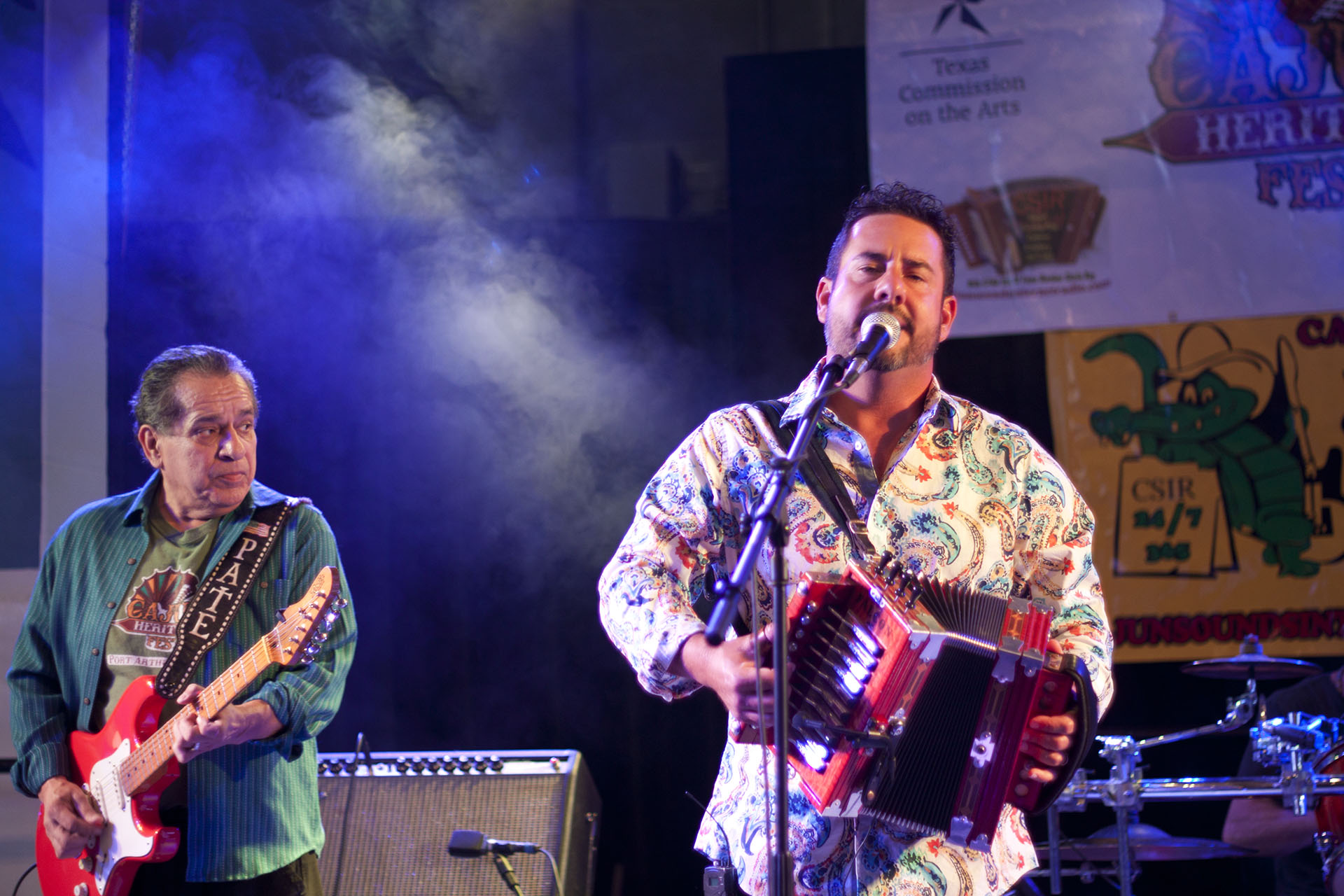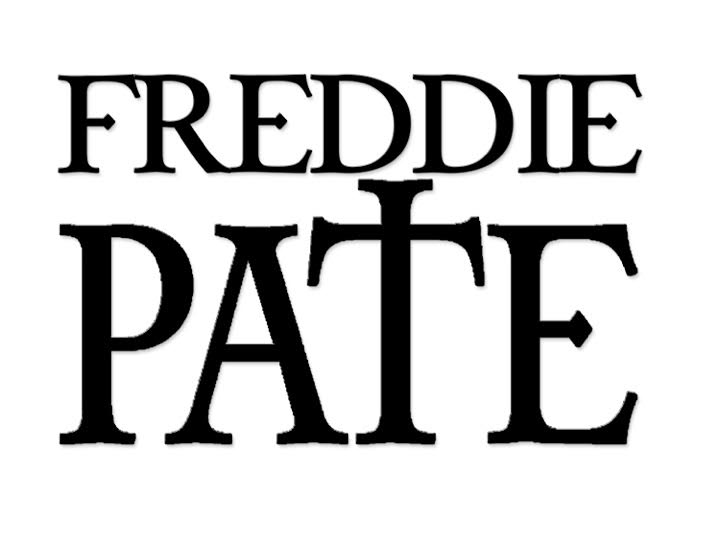Freddie Pate
& the Fifty Years
He awakens to a hand at his shoulder. A shadow hovers over his bed and a familiar voice speaks to him.
“Come to the kitchen. Bring your guitar.”
The boy groans and sits up blearily. It’s that time of night that feels both very late and way too early. Conversation is drifting down the hallway, laughter.
He smells bacon, grabs a pair of pants. His guitar thumps against his leg as he walks into the kitchen, where his grandma is cooking midnight breakfast for a rowdy looking group of men.
“Heya Freddie!” one of them calls. “Play that lick I showed you.”
Freddie Pate plops his rear on a kitchen chair, sets his guitar in his lap. Tries to shake the sleep from his eyes and his fingers.
Begins to play.
Freddie Pate’s grandparents raised him, in more ways than one. They gave him a house, a place to call home, they gave him their retirement years, and they gave him his first guitar.
“My grandma believed I was special. She claimed to have had a vision of me as a musician, so she started grooming that from almost day one. There’s a picture of me in a crib with a guitar. There’s one of me in a highchair sitting at a piano.”
Freddie describes his grandparents as “simple, working folk.” His grandmother could neither read nor write. Yet she was a woman with a mission. She gave her grandson all the tools he needed to work with and she made sure he had plenty of teachers. When she went to the nightclubs (she wasn’t terribly keen on drinking, but she was terribly keen on music) she would bring the bands back home with her and have Freddie learn from them. Those 2 a.m. jam sessions would form the backbone of his early guitar education.
His first public performance was Folsom Prison Blues. He was about 7, as he remembers. By the time he was 8 he was playing in nightclubs all over Los Angeles, and by 15 he was performing 6 days a week.
This year Freddie cuts his fourth solo album. He’s a musician, just like his grandma foresaw. How much of it was destiny and how much was plain stubbornness is anyone’s guess, but Freddie believes his grandma’s passion was the one thing she couldn’t teach him.
“It’s got to be God-given. I know people learn to play music, but to be a musician – a real musician, with the heart and soul of a musician – that comes from someplace else. There’s a difference between a guy who plays on the weekends, and a guy who lives in his car ‘cause he ain’t got no gigs, because he loves the music. That same guy could get a job, yeah [laughs]?”
For the past fifty years Freddie Pate has lived the life of the musician. He learned from the best; as a teenager he heard Al Bruno play and decided that man was going to teach him something.
“I literally latched my ass to him [laughs]. I picked him up and drove him to the shows. I set up his gear. I tore down his gear. I drove him home. I stayed at his house for days at a time. When he got up in the morning I said, ‘Hey man, show me something!’”
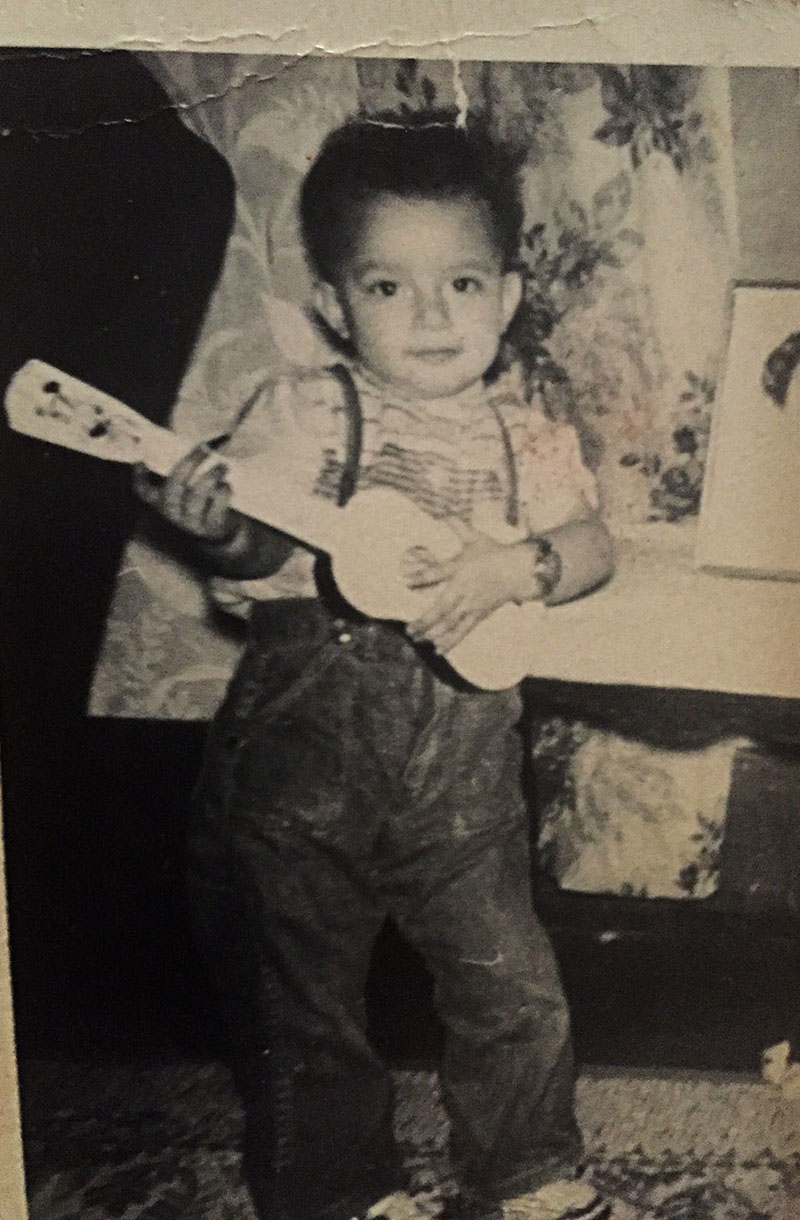
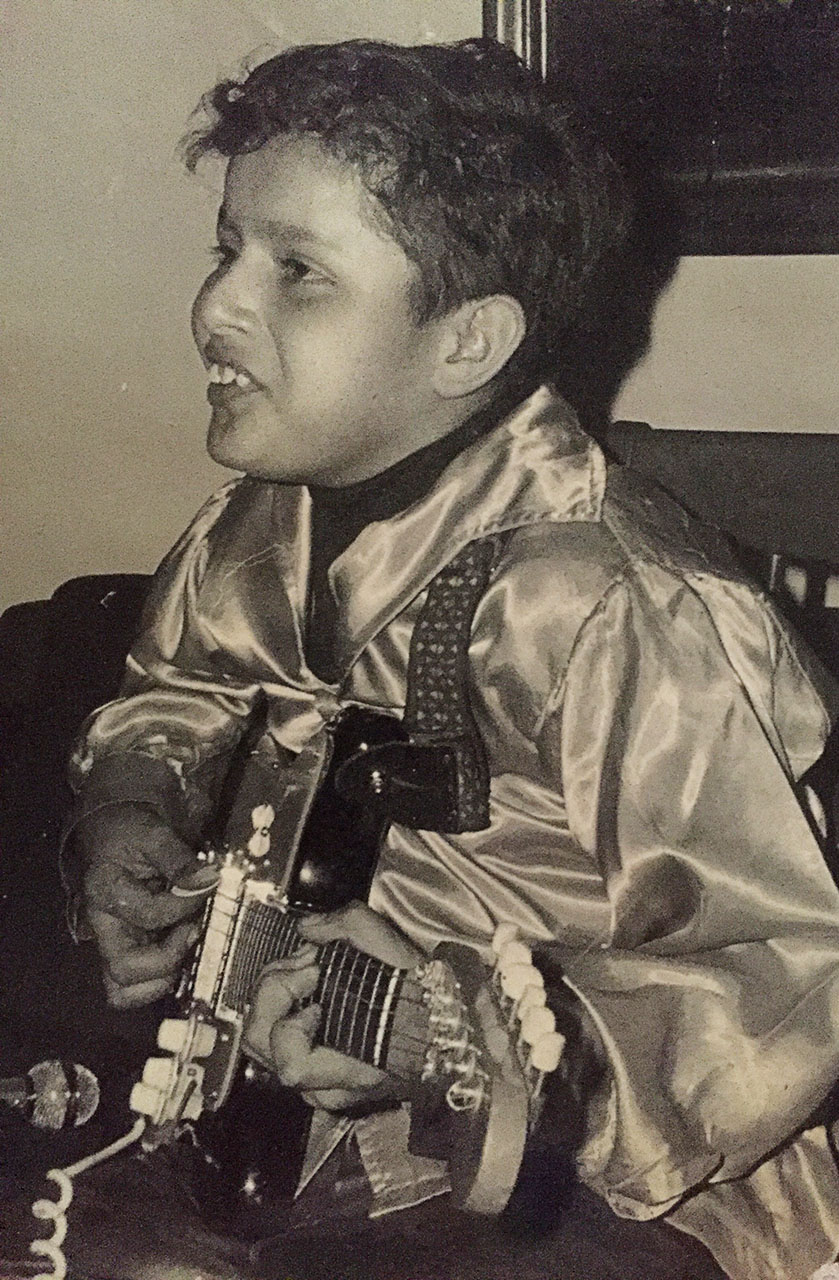
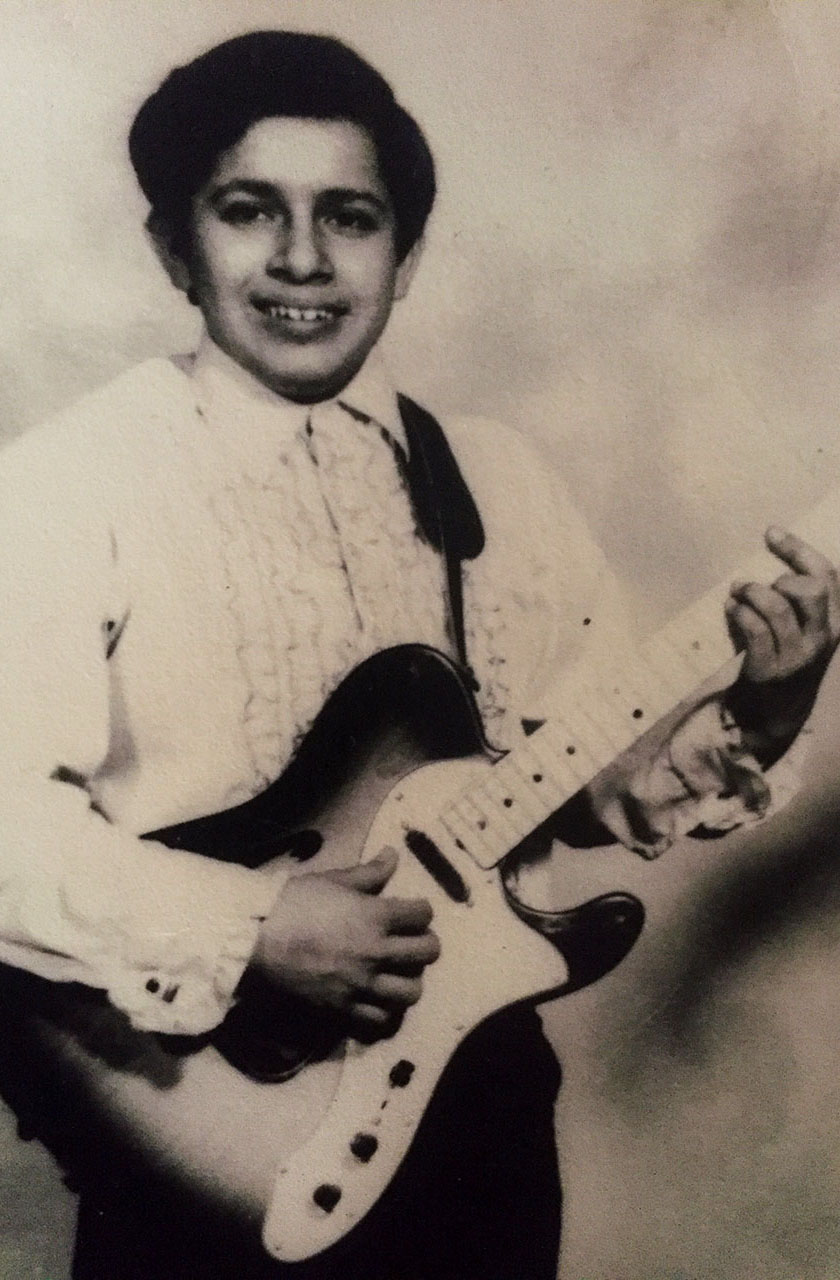
Images: A man grows old, but his music knows no age.

That turned out to be a very good decision. After all, there’s no better teacher than the legendary Al Bruno, who won the Academy of Country Music’s Guitar Player of the Year award for 10 years, was awarded Living Legend by the California Country Music Association, and has played guitar on so many hits that you’re practically guaranteed to have heard him before whether you realize it or not. In a very short time Freddie’s guitar playing improved dramatically.
He’s played for the best; opening acts for George Jones, Merle Haggard, Conway Twitty, Willie Nelson, Hank Jr. and pretty much every other major name in country music in the last five decades. While learning from Bruno, he got so good at the guitar that when Bruno couldn’t make a gig, Freddie was the guy they called to take his place.
He’s been on both coasts and everywhere between, and he’s had no success. At least, not the kind of success that 15 year old Freddie dreamed about. And 65 year old Freddie prefers it that way.
“I’d have signed with a label when I was young. I’d have done whatever they told me. You can call it selling out, but if it brings me where I want to be…fame, fortune, a bus, concerts, yeah I’ll do that.
But at some point you mature, and the lack of success in your career – big, commercial success – it’s very freeing; causes you to have a different view of things. I don’t want what the record label wants.”
He never did sign with a label. In the early years, when he might have jumped at the opportunity, none presented itself. When he was older, more experienced, and knew what he needed to do to court a label, he didn’t want to anymore. He had a clear concept of the albums he wanted to produce, and it’s likely a label would just interfere. By his own measure, Freddie Pate has been every bit the success he truly desired.
His first studio album, “Someday”, was produced in 1985. It was actually released in 2001. After completing the album, the record company released a single that didn’t produce a lot of buzz. So they shoved the album on a shelf and forgot it. Fifteen years later Freddie was running a hugely successful Grand Ole Opry style show called the Country Jamboree at the Historic Rice Theater in Crowley, Louisiana. He was selling out a 600 seat theater every show (and would continue to do so throughout the show’s 20 year run). Once he started selling out shows, the record company was suddenly interested in releasing his album.
His second and third albums were both produced by Bobby Terry, one of the most in-demand country music songwriters and producers in the last two decades. His credits include work with artists from Willie Nelson to Taylor Swift, Dolly Parton to Garth Brooks. He’s “the big time,” as Freddie puts it.
While producing “Crossroads” in 2015, Freddie told Terry, “I don’t care if this album sells one copy. I want it to sound like a hit record.”
Terry hired the A-team (Brent Mason, Buddy Hyatt, Scotty Sanders) and created an album that is compositionally tight in music and lyrics and is “[expletive]ing perfect!” according to Freddie. He really likes it. The song “All Watered Down” hit at #17 on the Texas Country Charts, so other people pretty much liked it too.
His third album is a blues effort that really breaks away from the rest of his work and proves Freddie has the vocal range to create a blues album that doesn’t just sound like a country guy having a go at it. As further proof of the album’s authenticity, it made it to the top 20 National Blues Charts.
Freddie Pate’s latest studio album is a tribute to George Jones, a man thought by many to be the greatest country music singer ever. It’s an album he’s wanted to do for a long time but was afraid of. Covering Jones is a tall order, but Freddie isn’t willing to leave his work half done.
With the release of “The Gospel According to Jones”, Freddie Pate has done everything he truly wanted to do. He’s been voted TCMA Guitarist of the Year, Louisiana Guitar Legend, and received numerous CFMA awards as guitar player and producer. It hasn’t been success with a capital $, but it is satisfaction, and that’s a form of success money can’t buy.
